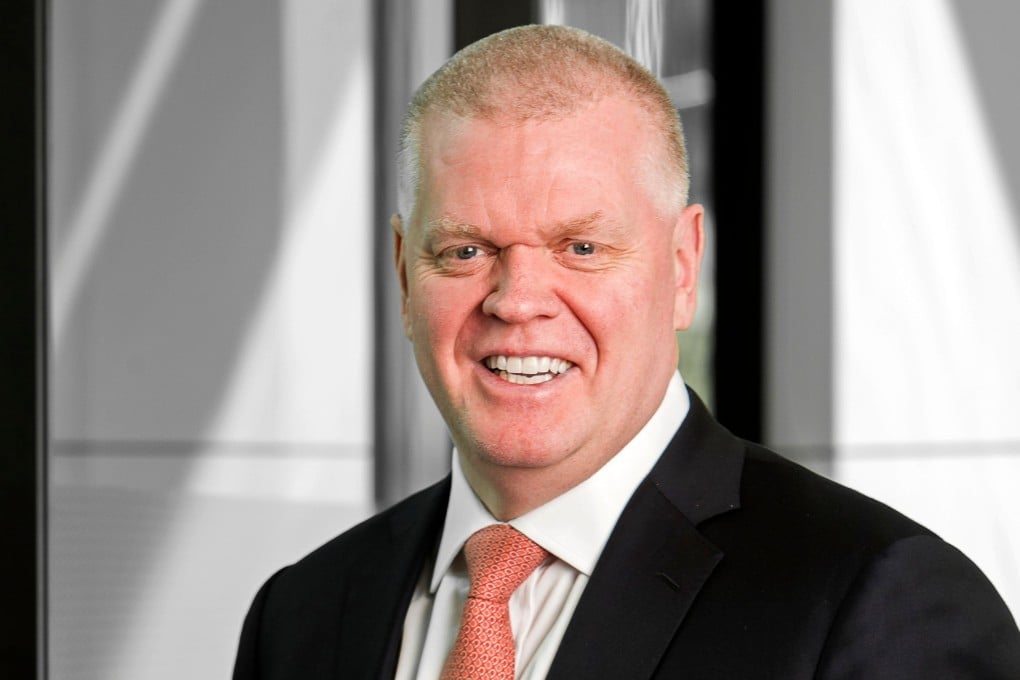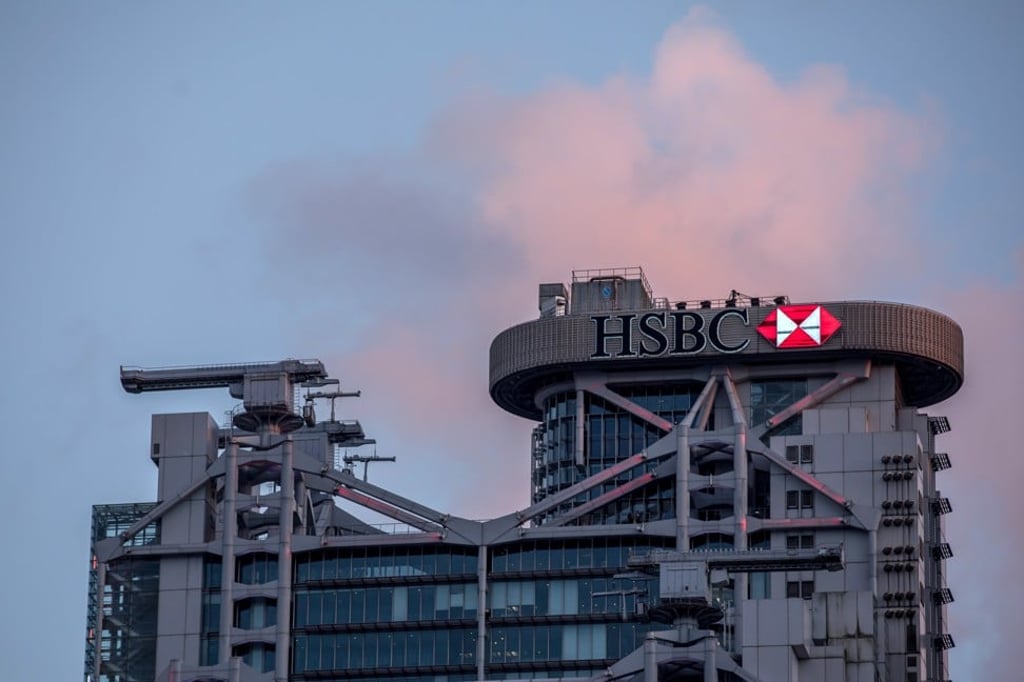HSBC’s interim CEO and long-term insider Noel Quinn gets to keep his job
- HSBC faces fallout from coronavirus, social unrest, low-interest rates and US-China trade war
- Quinn’s package includes a base salary of £1.27 million and a fixed pay allowance of £1.7 million a year

After flirting with hiring the first outsider to lead the bank in its 155-year history, HSBC has told interim chief executive Noel Quinn that he can keep his job.
The appointment of Quinn, who has been with the lender since 1987, removes uncertainty over the bank’s leadership as it navigates a global economic downturn sparked by the coronavirus pandemic.
The worsening health crisis has prompted economists from Goldman Sachs, Morgan Stanley and S&P Global Ratings to forecast a worldwide recession this year.
“He’s done a very impressive job as interim CEO,” Mark Tucker, the HSBC chairman said on a conference call with journalists on Wednesday. “He was instrumental in the formulation of [the bank’s] new direction. He’s reorganised the senior leadership. He’s begun the reduction of costs. He’s injected a new pace and a new energy throughout the team. He brings a wealth of experience and exposure. He’s a decisive leader. He’s an excellent people leader. All of these elements of performance justify why we made the decision we did.”

The decision to name Quinn to the role permanently was approved unanimously by the company’s board of directors and came after regulators signed off on his appointment on Tuesday, said Tucker, the former chief executive of the Asian life insurer AIA Group, who became the first outsider to serve as HSBC's chairman in 2017.